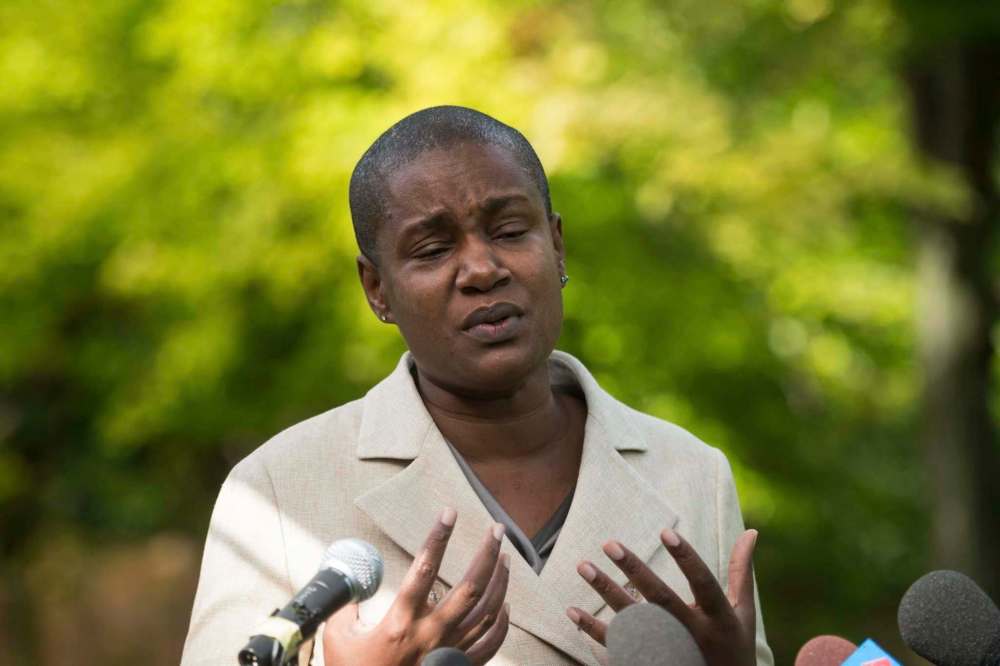Plenty of losers in election’s final result
Advertisement
Read this article for free:
or
Already have an account? Log in here »
To continue reading, please subscribe:
Monthly Digital Subscription
$0 for the first 4 weeks*
- Enjoy unlimited reading on winnipegfreepress.com
- Read the E-Edition, our digital replica newspaper
- Access News Break, our award-winning app
- Play interactive puzzles
*No charge for 4 weeks then price increases to the regular rate of $19.00 plus GST every four weeks. Offer available to new and qualified returning subscribers only. Cancel any time.
Monthly Digital Subscription
$4.75/week*
- Enjoy unlimited reading on winnipegfreepress.com
- Read the E-Edition, our digital replica newspaper
- Access News Break, our award-winning app
- Play interactive puzzles
*Billed as $19 plus GST every four weeks. Cancel any time.
To continue reading, please subscribe:
Add Free Press access to your Brandon Sun subscription for only an additional
$1 for the first 4 weeks*
*Your next subscription payment will increase by $1.00 and you will be charged $16.99 plus GST for four weeks. After four weeks, your payment will increase to $23.99 plus GST every four weeks.
Read unlimited articles for free today:
or
Already have an account? Log in here »
Hey there, time traveller!
This article was published 29/09/2021 (1530 days ago), so information in it may no longer be current.
AFTER 36 days of campaigning, we are left with basically the same minority government that existed prior to the federal election. While it is tempting to say that everyone lost, that would not be true. There were indeed many losers, but I believe that there also are upsides to the result, which was largely predictable.
First, however, let’s discuss who lost:
Justin Trudeau lost. His decision to plunge the country into a summer election during a pandemic was about his belief he could attain a majority mandate. This did not occur, but he remains prime minister, with far less authority both within his own party and Parliament as a whole.

Conservative Party of Canada Leader Erin O’Toole could not move the yardsticks beyond the level attained by his predecessor in 2019, and he has angered his Conservative base. He, too, is in a weaker position than he was prior to the election, and likely has less job security than the prime minister.
NDP Leader Jagmeet Singh polled throughout the campaign as the most likeable federal leader, but he was unable to significantly increase his party’s support and he will not have a stronger hand in the next Parliament.
Green Party Leader Annamie Paul entered the campaign with a party divided by its positioning on the Middle East, and she ran fourth in her third bid to win election in Toronto. After announcing her resignation on Monday, her career as a national leader is over.
The consortium of Canadian journalists charged with responsibility for staging two campaign debates lost big-time. The English-language debate was dominated by journalists who seemed to have more time to pose political arguments — I mean questions — than the leaders had to answer.
Debate moderator Shachi Kurl offered up an argumentative softball to Bloc Québécois Leader Yves-Francois Blanchet, and he hit it out of the park, in defence of Quebec’s honour.
While it was not wrong to raise Quebec legislation that outlaws the display of religious/cultural symbols by public employees (Bill 21) and protects the French language in the workplace (Bill 96), it was deplorable for a journalist to phrase her questions in what the Globe and Mail termed as “a conclusionary indictment.”
The BQ leader and the premier of Quebec are both adept politicians, and they easily reacted by framing the question as an assault on all citizens of their province. More troubling was the silence on the part of all federal party leaders on the issue of Bill 21, as they sought to curry favour with Quebec voters.
Singh might have replied that, as a visible minority, it is wrong that he can offer himself up for the job of prime minister but Bill 21 means he could not be hired into the Quebec public service.
O’Toole and Trudeau were similarly silent on this fundamental question. I cannot imagine that Tommy Douglas, David Lewis, John Diefenbaker or Pierre Trudeau would have sat silent on this question. This refusal on the part of all federalist leaders to speak truth to the abuse of power by the Quebec government ought to worry all Canadians.
Alberta Premier Jason Kenney was also a loser, in an election in which he wasn’t even running. His fumbling of the COVID-19 file cost the Conservatives two seats in Alberta, and he is on pace to be a one-term premier in a province where four-decade runs in power were once the norm.
So, what does one make of our collective efforts in democracy-making? Well, there are upsides in the recent election result.
Canadians were, in the main, not in favour of the election call. Notwithstanding this, the politicians campaigned, Canadians listened, and then they voted. They decided on the status quo, and the collective message to all politicians was to get back to work, and work with one another. Any party that ignores this direction over the next two years will, in my view, be punished at the polls next time around.
The fact is that in the current pandemic, our health-care system and its dedicated workers have continued to function. Our governments, with all their warts, have worked, as well. Workers have received income supports, as have businesses.
And our democratic decision-making system has worked. The people have spoken, and the people they have elected had best respect the result, which means that they must work together and focus on serving the public interest.
Paul Moist is a retired labour leader.

